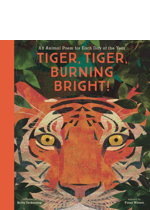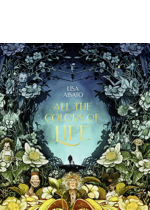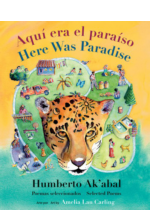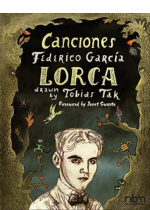
Tiger, Tiger, Burning Bright! is a lavishly illustrated collection of 366 animal poems—one for every day of the year. Filled with favorites and new discoveries written by a wide variety of poets, including William Blake, Christina Rosetti, Carl Sandburg, Grace Nichols, Matsuo Basho, Virginia Driving Hawk Sneve, Lewis Carroll, Emily Dickinson, and many more. This is the perfect book for children (and grown-ups!) to share at the beginning or end of the day.




